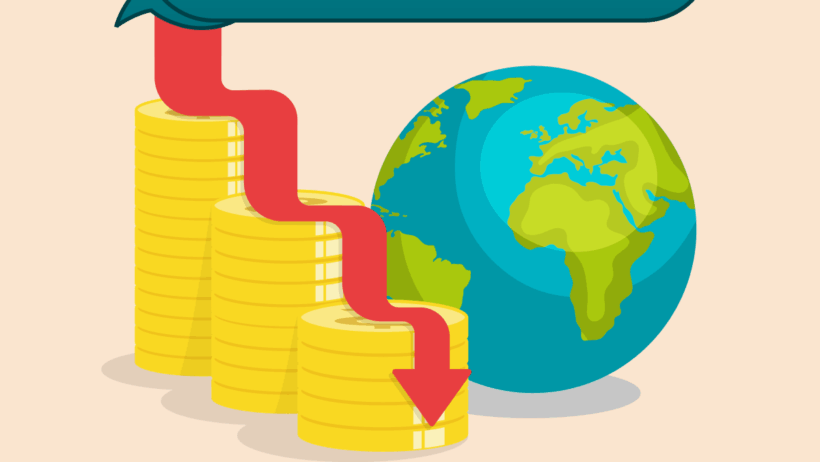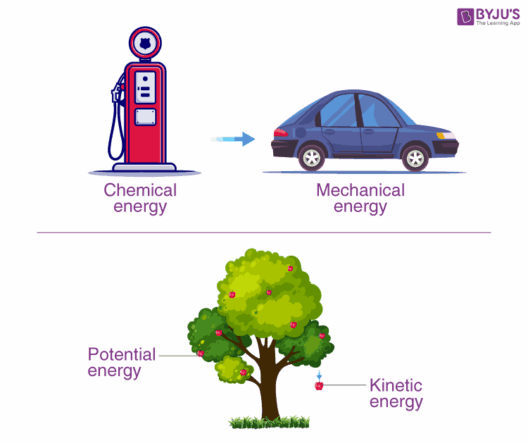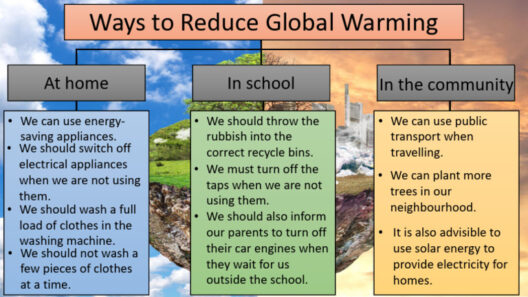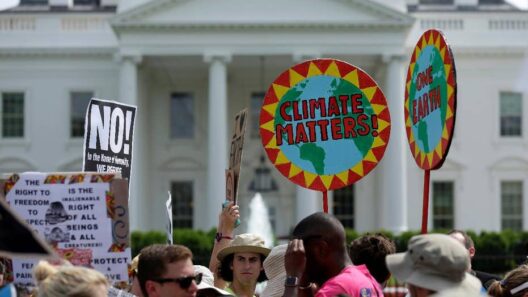Global warming and climate change are often perceived through the lens of their adverse effects on the planet and humanity. However, a less-discussed aspect lies in the potential economic benefits that some individuals and sectors may accrue from these environmental shifts. This phenomenon raises questions about the complexity of human behavior and economic motivations amidst the looming threat of climate change. By dissecting several dimensions of how certain entities might find advantage in a warming world, one can uncover the intricacies that lie beneath the surface of this pressing issue.
To commence, it is critical to delineate the sectors that may experience economic windfalls due to climate change. The agricultural sector, for example, may find itself in an advantageous position in certain regions. Warmer temperatures may extend growing seasons in previously inhospitable areas. Cultivating crops in northern latitudes could become increasingly viable as temperatures rise. Additionally, there is the prospect of enhanced agricultural productivity in the form of increased yields from certain crops that thrive in warmer climates. Consequently, farmers in these regions could see a financial uptick, thus reinforcing the paradox of benefiting from an environmental crisis.
Moreover, the energy sector is also poised to reap rewards, particularly those in renewable energy and fossil fuel industries. As climate change accelerates awareness and demands for cleaner energy sources, investments in solar, wind, and other renewables are surging. This societal pivot presents a lucrative arena for innovations and financial returns as nations scramble to meet emissions reduction targets. Conversely, fossil fuel companies may navigate the complexities of market demand; transitioning economies often face reliance on traditional energy sources in the short term, suggesting that certain segments may find fleeting profitability despite long-term environmental degradation.
Urbanization and infrastructure development present another layer of economic dynamics influenced by climate change. As coastal cities grapple with rising sea levels and increased extreme weather events, the demand for resilient infrastructure heightens substantially. Construction firms and urban planners can capitalize on this need to develop stronger, more adaptive facilities—potentially ushering in a new era of architecture that prioritizes sustainability. Furthermore, relocation initiatives may present unique opportunities for real estate developers, as property values shift in response to climate vulnerability. In this context, there are those who stand to gain handsomely while others contend with the fallout of environmental realities.
The tourism industry also displays a complex relationship with climate change. Warmer temperatures may make certain destinations more appealing, particularly those that were previously deemed too frigid for year-round activities. There is evidence to suggest that regions like parts of Scandinavia may witness a surge in tourism as typical summer vacation spots become increasingly inhospitable due to extreme weather patterns. Such transformations generate direct economic benefits for local businesses, hospitality sectors, and service providers. Despite the underlying threat of climate change, the economic allure remains potent, illustrating a multifaceted relationship with our natural environment.
Shifting global trade dynamics further illustrate this phenomenon. As climate zones shift, so too will the patterns of trade in agricultural produce and raw materials. Countries that adapt quickly to these changes may gain a competitive edge in the international market. For example, nations capable of cultivating crops suited for new climatic realities may dominate the trade of these commodities, resulting in significant economic benefits. On the flip side, nations that struggle to adapt may find their agricultural sectors at risk, leading to increased import dependence and potential economic downfall.
In addition, climate change brings with it burgeoning opportunities in technology and innovation. As environmental challenges mount, the demand for solutions—ranging from carbon capture to geoengineering—has surged. Entrepreneurs and businesses tackling these issues position themselves advantageously in a growing market. Innovations born from the necessity to mitigate climate impacts can yield both environmental benefits and substantial profits, showcasing a delicate balance between moral responsibilities and economic incentives.
Furthermore, the phenomenon of “greenwashing” arises in the context of economic benefits tied to environmental concerns. Companies may leverage the global focus on sustainability to promote their products as eco-friendly, often without substantive changes in their processes. This can lead to financial gain based on misleading portrayals of environmental accountability, raising ethical questions about the intersection of profit and stewardship.
Nonetheless, amidst these apparent benefits exists an unsettling undertone. Profitability stemming from climate change often reflects an unequal distribution of rewards, where marginalized communities suffer the brunt of its impacts. Those living in vulnerable or low-lying regions may find themselves facing dire consequences—displacement, food insecurity, and health crises—while others exploit economic opportunities. This inequity underscores the complexities surrounding global warming, juxtaposing human interests against the backdrop of social justice.
Ultimately, examining how certain individuals and sectors benefit from global warming reveals a multifaceted reality. While some may find lucrative opportunities amidst the chaos, the overarching narrative remains one of urgency and concern for our planet. Understanding these complex dynamics encourages a broader discourse on responsibility, equity, and sustainable practices moving forward. As the climate crisis looms larger, it necessitates an integrated approach—one where economic benefit does not overshadow the imperative for environmental stewardship.








